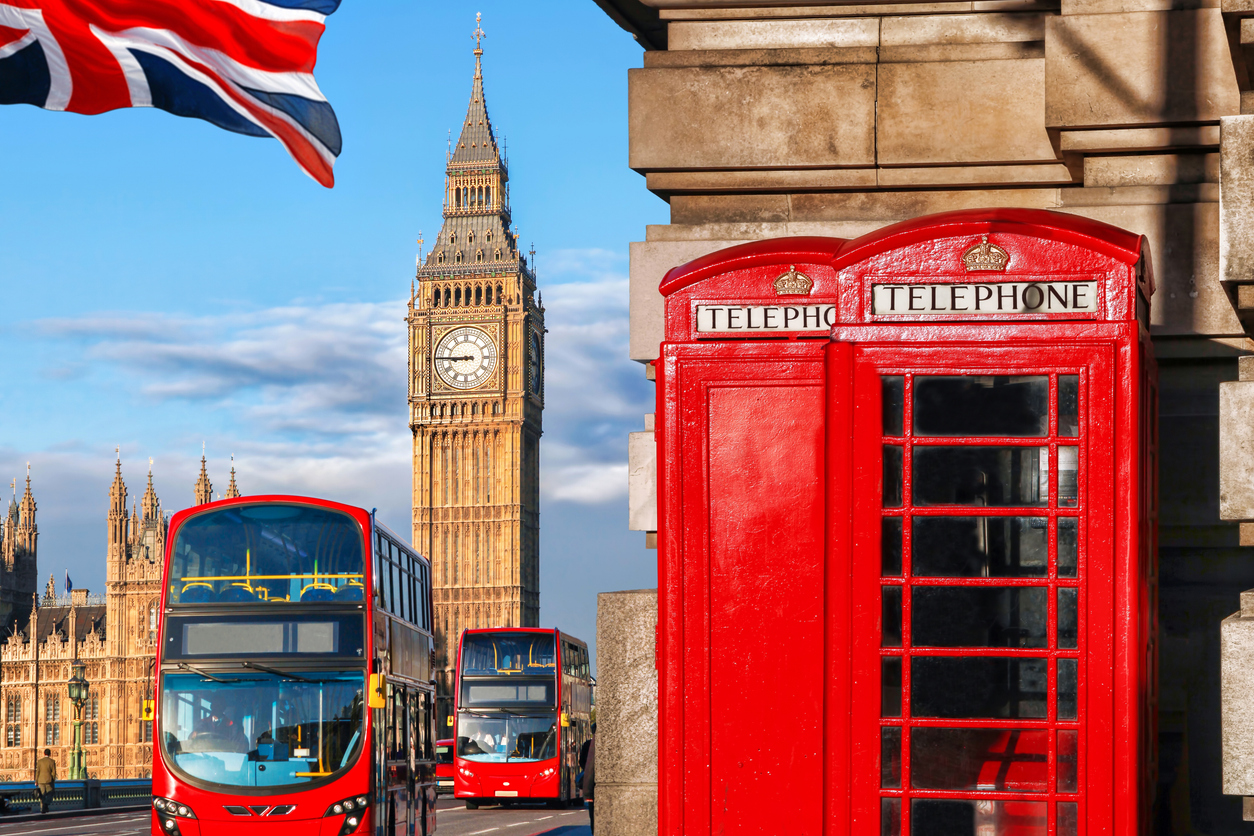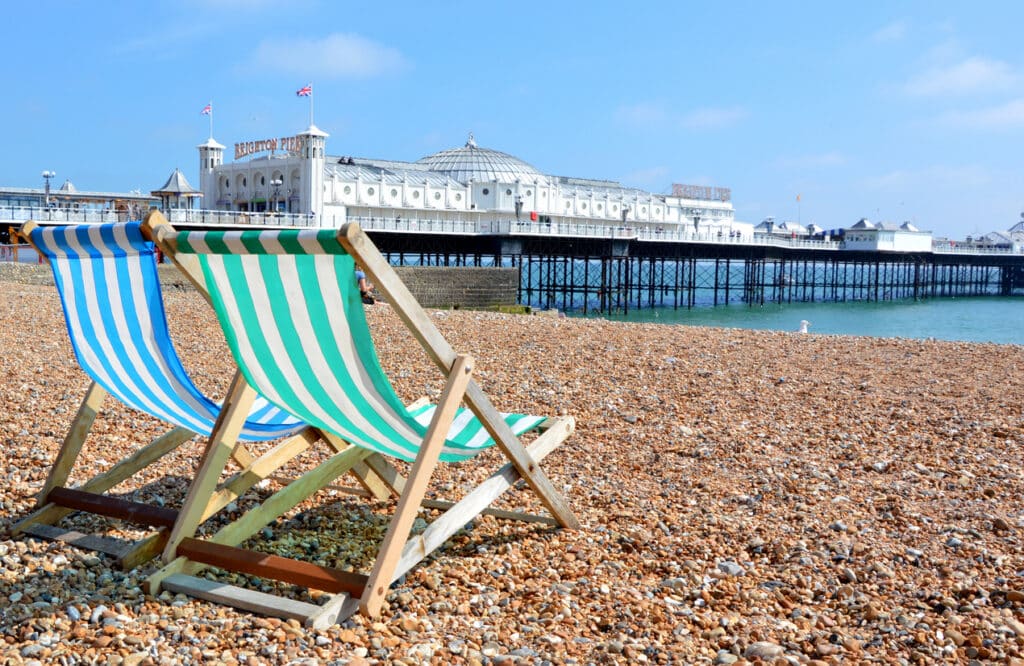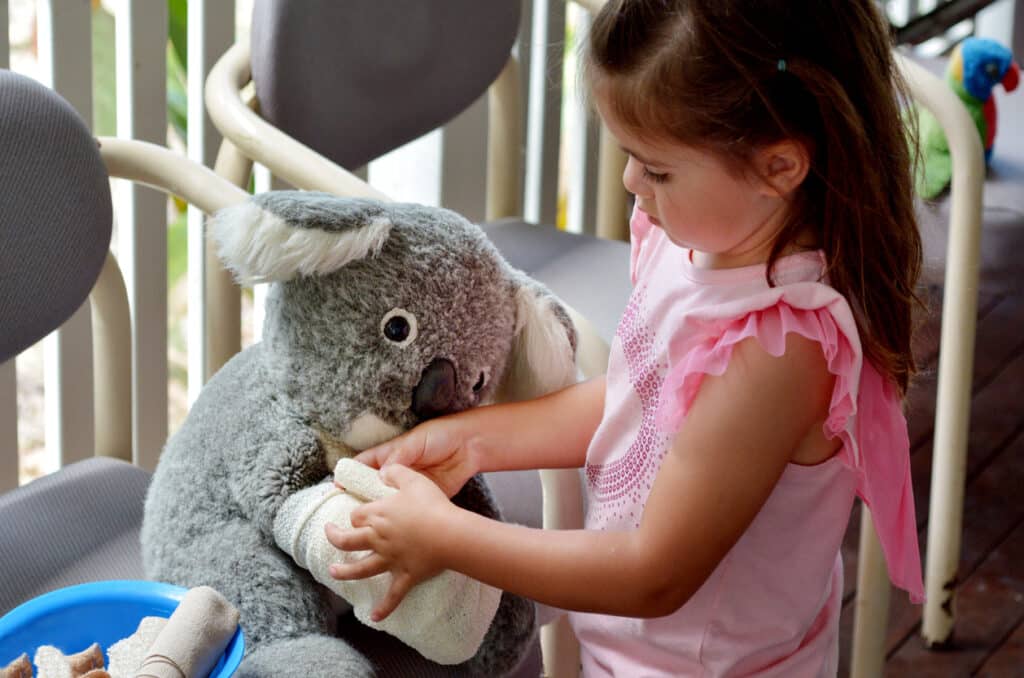Moving to a new country is an adventure, but it also comes with its share of uncertainties—especially when it comes to your safety and well-being. If you’re a U.S. expat living in or visiting the United Kingdom, understanding how emergency services work in the UK is essential for your peace of mind. This guide breaks down the key numbers, what to expect when you call for help, and how to navigate both urgent and non-urgent situations. Let’s make sure you’re prepared, so you can focus on enjoying your UK experience with confidence.
Essential UK emergency numbers: 999, 112, and when to use each
In the UK, knowing the right number to call in an emergency can make all the difference. The two main emergency numbers are 999 and 112. Both connect you to the same emergency services—police, fire, ambulance, and coastguard—and are free to call from any phone, including mobiles and payphones.
- 999: This is the traditional UK emergency number, similar to 911 in the U.S.. Use it for any situation where immediate help is needed—such as a serious accident, crime in progress, fire, or medical emergency.
- 112: This is the pan-European emergency number. It works exactly like 999 and is especially useful if you’re traveling across Europe, as it connects you to local emergency services in any EU country.
When should you call 999 or 112?
- If someone’s life is at risk
- If a crime is happening right now
- If there’s a fire or you see smoke
- If you need urgent medical attention
For example, if you witness a car accident or someone collapses in the street, don’t hesitate—dial 999 or 112 immediately. Remember, these numbers are for emergencies only. Misuse can delay help for those who truly need it.
How to make an emergency call: Step-by-step process and what to expect
Making an emergency call in the UK is straightforward, but knowing what to expect can help you stay calm and provide the right information quickly. Here’s a step-by-step guide:
- Dial 999 or 112 from any phone. You don’t need credit or a SIM card on your mobile.
- State the service you need: When the operator answers, you’ll be asked, “Emergency. Which service?” Respond with “Police,” “Fire,” “Ambulance,” or “Coastguard.”
- Give your location: Be as specific as possible. If you’re unsure, look for street signs, landmarks, or use your phone’s GPS.
- Describe the situation: Clearly explain what’s happening. Stay calm and answer any questions the operator asks.
- Follow instructions: The operator may give you advice or ask you to stay on the line until help arrives.
What happens next?
- The appropriate emergency service will be dispatched to your location.
- If you’re in a remote area or unable to speak, the operator can use technology to help locate you.
- If you have a hearing or speech impairment, you can use the emergencySMS service by registering your phone in advance (text “register” to 999).
💡 Pro Tip:
The process is similar to calling 911 in the States, but be prepared for the operator to ask for your postcode or nearest landmark, as UK addresses can be less grid-like than in the U.S.
Understanding the four main emergency services
The UK’s emergency response system is built around four main services, each with a clear role:
Police
Call the police for crimes in progress, threats to safety, or if you witness suspicious activity. They handle everything from theft and assault to missing persons.
Fire
The fire service responds to fires, smoke, gas leaks, and situations where people are trapped (such as car accidents). They’re also trained in rescue operations and hazardous material incidents.
Ambulance
Ambulance services provide urgent medical care and transport to hospital. Call them for serious injuries, chest pain, difficulty breathing, or if someone is unresponsive.
Coastguard
If you’re near the sea, rivers, or large lakes, the coastguard handles emergencies like people in danger in the water, stranded boats, or coastal accidents. They coordinate with lifeboat and rescue teams.
💡 Pro Tip:
If you’re hiking along the coast and see someone struggling in the water, call 999 or 112 and ask for the coastguard. If you witness a burglary, ask for the police. For a house fire, request the fire service.
NHS 111 for non-emergency medical help
Not every medical issue is an emergency. For non-life-threatening health concerns, the UK offers NHS 111—a free, 24/7 helpline for medical advice and guidance.
When should you call NHS 111?
- If you need medical help fast but it’s not a 999 emergency.
- If you’re unsure whether you need to go to A&E (the UK’s ER).
- If you need advice on what to do next for a health problem.
- If you need to find out where to get out-of-hours medical care.
How does NHS 111 work?
- Call 111 from any phone (no area code needed).
- You’ll speak to a trained advisor who will ask about your symptoms.
- They can connect you to a nurse, doctor, or arrange an urgent appointment if needed.
- They’ll advise you on self-care, direct you to a pharmacy, or tell you if you need to go to hospital.
Example: If you have a fever, minor injury, or need a prescription but it’s after hours, call 111. If you’re experiencing chest pain or severe bleeding, call 999 instead.
Non-emergency contact numbers
For situations that don’t require an immediate emergency response, the UK provides dedicated non-emergency numbers and support services.
101 – Non-emergency police
Use 101 to contact the police for issues that are important but not urgent, such as:
- Reporting a crime that’s already happened (e.g., theft, property damage)
- Getting advice or information
- Reporting anti-social behavior
Calls to 101 cost a small fee (usually 15p per call) and are available 24/7.
Other support services
- NHS 111: For non-emergency medical help
- Local council helplines: For issues like noise complaints, lost property, or community support
- Victim Support: For help after a crime (call 08 08 16 89 111)
💡 Pro Tip:
Save these numbers in your phone so you’re prepared for any situation. As a U.S. expat, knowing how emergency services work in the UK—including when to use non-emergency contacts—can help you navigate daily life with confidence.
Ready for peace of mind? Get expert U.S. expat tax support in the UK
Feeling prepared is the first step to thriving abroad—no matter what life brings. Bright!Tax specializes in cross-border tax advice for Americans in the UK, so you can handle your finances with confidence and focus on enjoying your new home. Reach out today for tax help you can trust.
Frequently Asked Questions
-
What is the difference between 999 and 112 in the UK?
Both 999 and 112 connect you to the same emergency services in the UK. 999 is the traditional UK number, while 112 works across Europe. Use either in an emergency.
-
How do emergency services work in the UK compared to the U.S.?
The UK uses 999/112 instead of 911, but the process is similar. You state the service needed, give your location, and describe the emergency. The UK also offers NHS 111 for non-emergency medical help.
-
When should I call NHS 111 instead of 999?
Call NHS 111 for urgent but non-life-threatening medical issues, such as minor injuries or if you’re unsure what to do. Call 999 for serious emergencies only.
-
What should I do if I don’t speak English well?
Emergency operators in the UK can access translation services. State your language, and they will connect you to an interpreter.
-
Can I text emergency services in the UK?
Yes, but you must register your phone for the emergencySMS service in advance. Text “register” to 999 to set this up.
-
Is 101 free to call?
No, 101 calls cost a small fee (usually 15p per call), but it’s available 24/7 for non-emergency police matters.

 Connect on LinkedIn
Connect on LinkedIn

